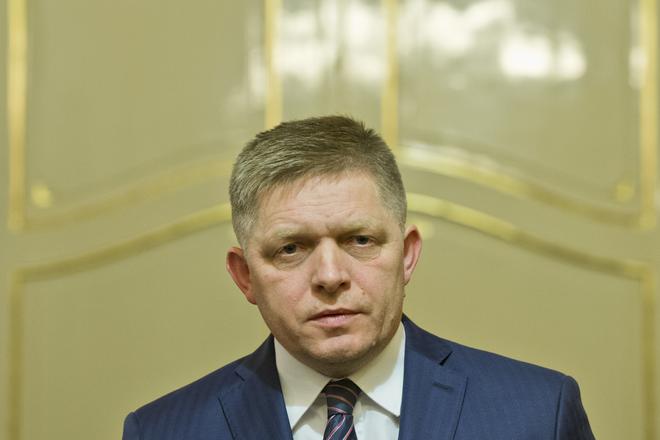A report by Amnesty International criticises Slovakia particularly for continued discrimination against members of the Roma minority, but also mentions anti-migration statements of Prime Minister Robert Fico. The Slovak Republic has made little progress in ensuring the right to education for Roma children, according to the authors of the report.
Despite some improvement of the legislative framework, Roma pupils still have too high representation in so-called special schools, classes for children with mental disabilities or in ethnically segregated schools and classes. Moreover, there is no evidence of the government taking any effective measures to prevent or tackle the issue, reads the report, as cited by the TASR newswire.
Police missteps and anti-migrant measures
Furthermore, AI also expresses concern over both the continued lack of effective investigation and the lengthy proceedings in several cases concerning the excessive use of force by police against Roma. In this regard, the organisation points to the need for setting up a fully independent and transparent mechanism to monitor the work of police in the country.
The report further mentions the newly adopted anti-terrorist measures in Slovakia that came into force in January 2017. AI points in particular to the fact that the maximum period of pre-trial custody detention for individuals suspected of terrorism-related offences has been extended to 96 hours.
In addition, the report states that despite placing “sustainable migration” high on its agenda during its presidency of the European-Union Council, Slovakia continued to oppose mandatory relocation quotas for refugees from other EU-member states, but expressed a willingness to accept 100 refugees from Greece and Italy by the end of 2017 on a voluntary basis.
Concerning discrimination, Amnesty mentions a case from August 2016 when the owners of a guesthouse in Bratislava refused to accommodate three Turkish students due to “security reasons”. The same section in the report also includes Fico, who “publicly associates Muslims and refugees with terrorism and uses anti-migrant rhetoric”, according to AI.



 PM Robert Fico (source: TASR)
PM Robert Fico (source: TASR)